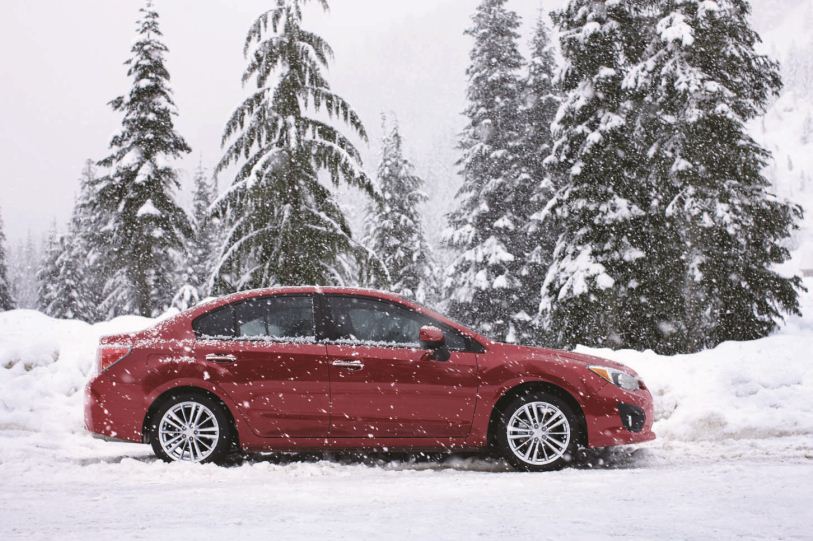
 Antifreeze protects your engine from both freezing in cold weather and overheating on hot days. It also cuts back on corrosion that can form around the vehicle's battery. It's important to keep equal parts antifreeze and water in your radiator. A ratio of 50:50 is recommended which will keep fluids from freezing when temperatures get as low as 34 degrees Fahrenheit. Fortunately, you don't need to stand over your engine with a measuring cup: pre-mixed bottles of antifreeze and water are sold at gas stations. It's important to pay attention to the amount of antifreeze in your vehicle. If you don't the coolant can freeze and the engine will get extremely hot. Chances are you'll blow a gasket or two, and the cost of replacing them can be pricey.
Antifreeze protects your engine from both freezing in cold weather and overheating on hot days. It also cuts back on corrosion that can form around the vehicle's battery. It's important to keep equal parts antifreeze and water in your radiator. A ratio of 50:50 is recommended which will keep fluids from freezing when temperatures get as low as 34 degrees Fahrenheit. Fortunately, you don't need to stand over your engine with a measuring cup: pre-mixed bottles of antifreeze and water are sold at gas stations. It's important to pay attention to the amount of antifreeze in your vehicle. If you don't the coolant can freeze and the engine will get extremely hot. Chances are you'll blow a gasket or two, and the cost of replacing them can be pricey. Car batteries last about three to five years, so it's best to keep track of how old yours is. If it's time to get a new one, you can replace it in the fall when batteries typically go on sale. Winter months are tough on your engine. Colder temperatures cause it to work harder which puts more pressure on the car's battery.
If your battery isn't that old, it's still good to take a look at it once and while to make sure nothing's wrong. Check the battery cables and clamps for fraying or corrosion. If there's a white, powdery substance around the clamps, that's corrosion from the battery acid - we clean your battery connections using a neutralizer and add a protector to help reduce corrosion.





